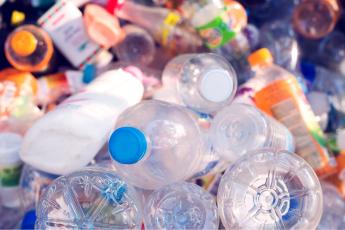Statement from AFPM President and CEO Chet Thompson in response to the Beyond Petrochemicals: People Over Pollution campaign
The U.S. petrochemical industry has a crucial and enduring role to play in meeting the needs of a growing world population while simultaneously fulfilling the imperative to produce petrochemicals in a sustainable and clean manner.








